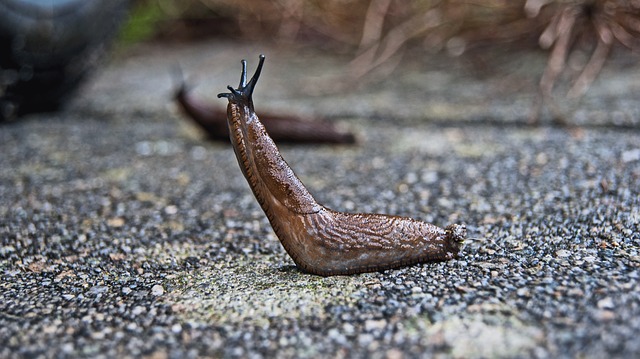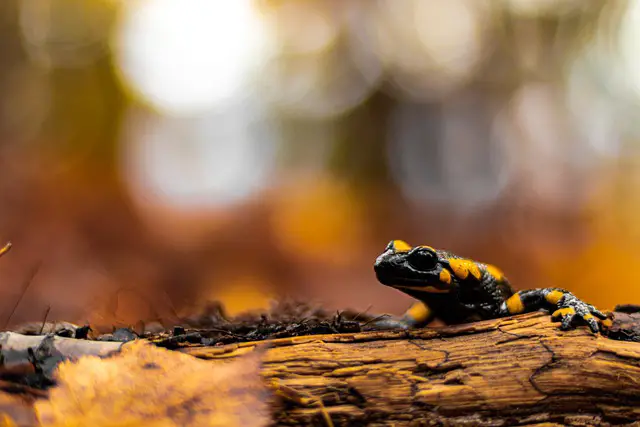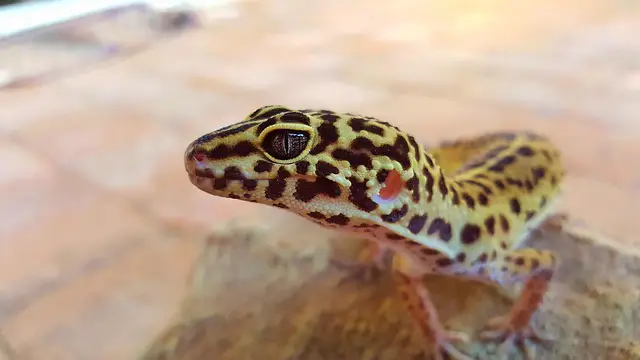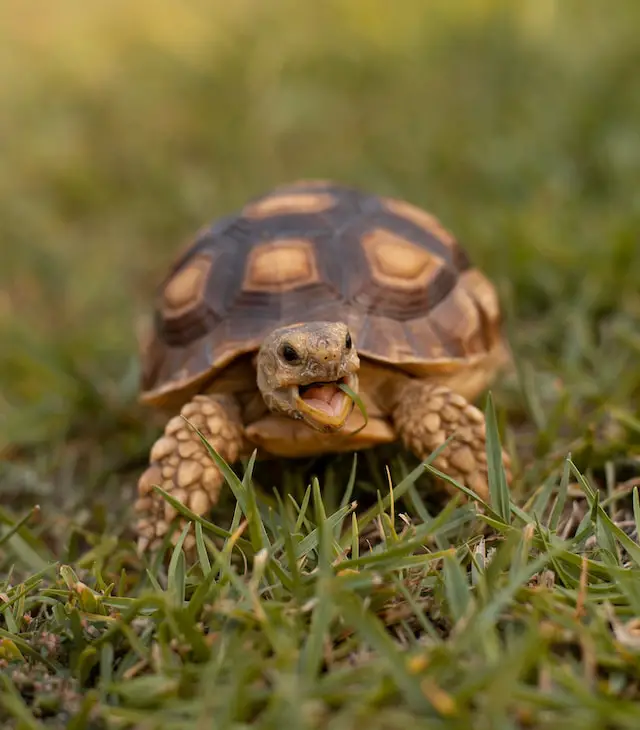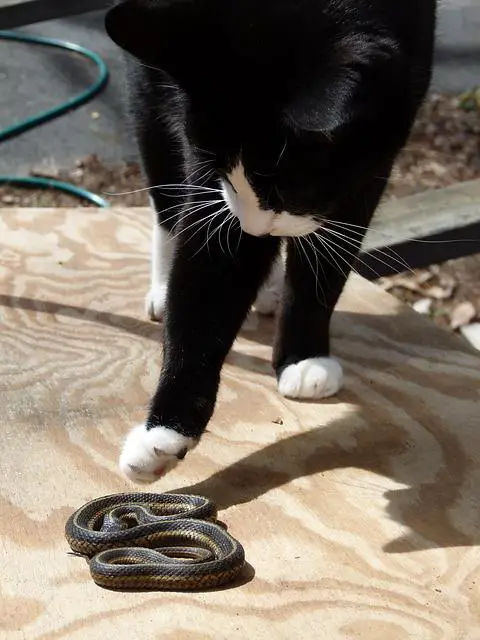Do slug pellets kill newts? This is a question that many people have been asking lately. The answer, unfortunately, is yes. Slug pellets contain a chemical called metaldehyde that is lethal to newts and other amphibians. In this blog post, we will discuss the dangers of these chemicals and what you can do to protect your local newt population.
What are slug pellets and what do they do?
Slug pellets are a type of pesticide used to control slugs and snails. They work by causing the slugs and snails to dehydrate, which kills them. Slug pellets are typically made from iron phosphate, which is a natural substance that is not harmful to other animals or plants.
However, slug pellets can be toxic to pets if they ingest them, so it is important to keep them out of reach. In addition, slug pellets can sometimes cause problems for beneficial garden insects, so it is important to use them sparingly. Overall, slug pellets are an effective way to control these pests, but they should be used with caution.
Do slug pellets kill newts and other wildlife?
Slug pellets are a common garden product used to control slug and snail populations. However, slug pellets can also be harmful to other wildlife, such as newts and hedgehogs. The active ingredient in most slug pellets is metaldehyde, which is toxic to many animals.
When ingested, metaldehyde can cause seizures and respiratory problems. In addition, the chemical can be absorbed through the skin, resulting in irritation and burns. As a result, it is important to use slug pellets with care and only apply them to areas where children and pets cannot access them.
If you are concerned about the impact of slug pellets on your local wildlife, consider using an alternative method of control such as a physical barrier or nematodes.
Safer ways to get rid of slugs without harming other animals in the process?
Slugs are a common garden pest that can do a lot of damage to your plants. While there are various chemical methods available for getting rid of slugs, these can also be harmful to other animals in your gardens, such as birds and frogs.
One alternative is to use a physical barrier, such as a ring of sand or grit, around your plants. This will stop the slugs from being able to reach your plants. Another option is to encourage predators, such as hedgehogs, into your garden, as they will eat the slugs.
You can also try making a beer trap: simply bury a container in your garden and fill it with beer. The slugs will be attracted to the beer and will crawl into the container, where they will drown. By using one of these methods, you can get rid of slugs without harming other creatures in your garden.
How can you protect newts and other wildlife from being harmed by slug pellets?
Slug pellets are a common gardening tool used to control pests, but they can also be harmful to wildlife. If you decide to use them in your garden, there are a few things you can do to minimize the risk of harm. First, choose a pellet that is specifically designed to be safe for newts and other animals.
Second, apply the pellets sparingly, only using as much as necessary to control the pest population.
Finally, avoid using slug pellets near water sources, as this increases the chances of wildlife coming into contact with the chemicals.
By following these simple guidelines, you can help to protect newts and other animals from being harmed by slug pellets.
Is it worth risking the lives of innocent creatures just to get rid of a few slugs in your garden?
Is it worth risking the lives of innocent creatures just to get rid of a few slugs in your garden? That is a question that gardeners have been debating for years. On one hand, slugs can cause a great deal of damage to plants, eating holes in leaves and stems and destroying flowers.
On the other hand, most methods of dealing with slugs involve using toxins that can also kill other animals, such as birds, lizards, and frogs. As a result, many people argue that it is not worth the risk to use these methods.
However, there are some things that you can do to get rid of slugs without harming other creatures. For example, you can place barriers around your plants or set out traps that only target slugs. Ultimately, the decision of how to deal with slugs is up to each individual gardener.
Conclusion Do slug pellets kill newts
In conclusion, slug pellets definitely kill newts. They are an effective method of pest control for slugs and other garden pests, but they are also highly toxic to newts and other amphibians. If you have newts in your garden, it is important to take care when using slug pellets and to keep them away from areas where newts are likely to be present. Slug pellets can cause serious harm to newts, so it is best to avoid them if possible.

